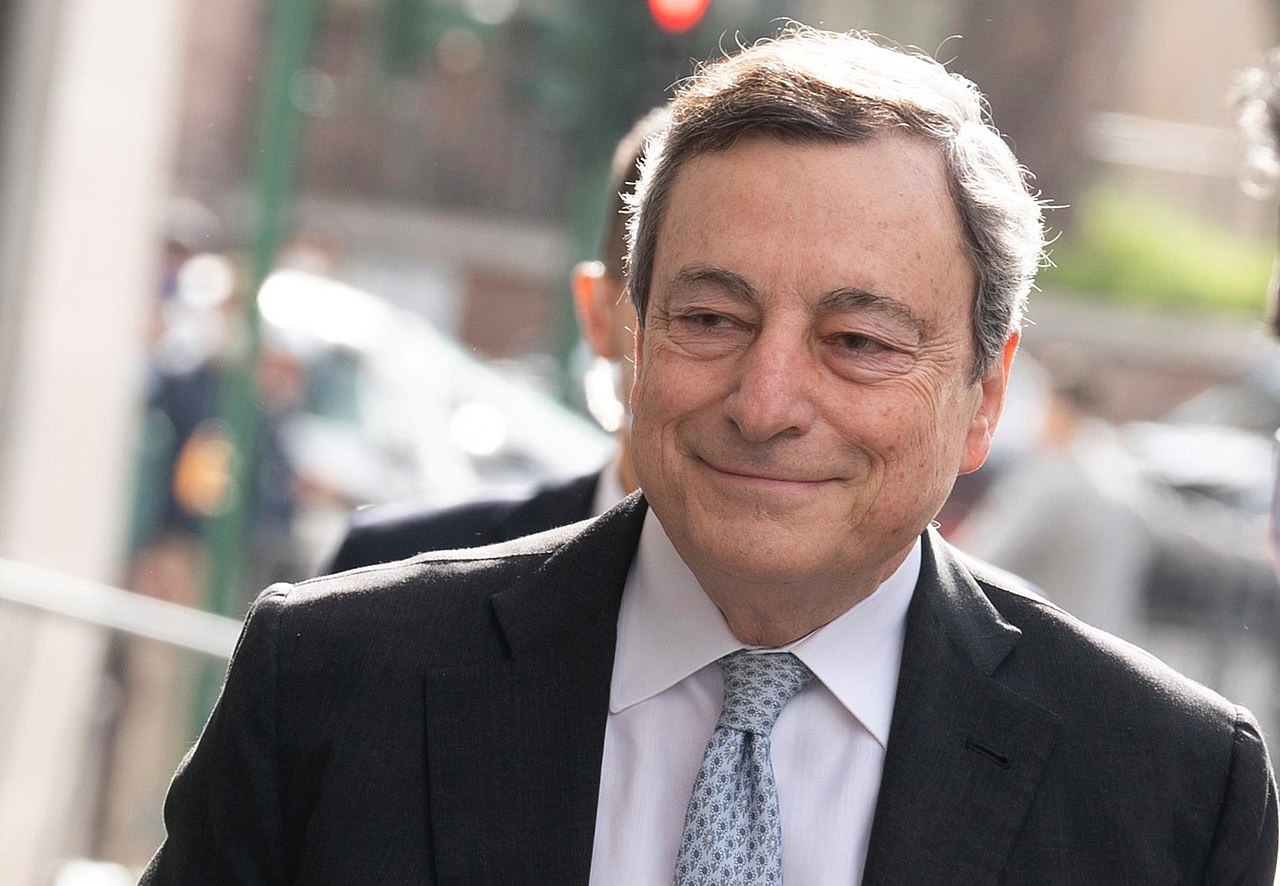Most assessments of the developments and prospects of the EU are unfortunately negative. The EU is increasingly criticised for its inflexible policy decision making framework, excessive bureaucracy, inability to play a pivotal role in cutting-edge technological areas, while, in recent years, it is heavily burdened by the rising energy costs.
The conflicts within and at the outskirts of Europe in Ukraine and the Middle East, as well as the ongoing geopolitical tensions with neighbouring Russia in particular, pose additional challenges.
The election for the second time of Donald Trump as US president creates challenging conditions in the vital sphere of trade policy due to the imposition, or their threat, of high tariffs and the questioning of the role of free trade in general as a lever for the growth of the global economy.
Moreover, the expressed intention of the new US administration to limit its defence spending within the framework of Nato significantly affects security and by extension the defence expenditure requirements of Europe.
In addition, Trump’s aggressive stance on immigration fuels the adoption of similar political approaches in Europe. These are likely to lead to intensified demographic challenges in the coming decades. These will arrive with their own set of problems, including a shrinking workforce and increased public spending because of higher demand for pensions and healthcare, leading to economic growth slowdown.
The EU seems unprepared to deal with the new emerging environment. The Draghi report, which attempted to drive competitiveness in a substantial manner, was not promoted in a timely manner.
However, recent developments signal a potentially decisive change of course. Germany’s likely new government, which will be a coalition of conservative Christian Democrats and Social Democrats, has made announcements which constitute a radical break up with past policies, both for the country and the EU in general.
Specifically, a flexible approach to fiscal policy is being advocated, aspiring to fill gaps in Europe’s defence capacity and, at the same time, boost digital transition and advance artificial intelligence, thus strengthening the EU’s autonomy and reducing its dependence on the US and other countries in these crucial areas.
Reactions at both political and technocratic levels have been mixed. There is criticism, especially within Germany, for an alleged abandoning of the macroeconomic stability model at the expense of future generations. Nevertheless, most comments are positive and the traditionally slow-moving EU may finally be waking up from its slumber.
Regarding the markets, investors seem to be assessing the EU’s prospects positively, while an appreciation of the Euro exchange rate is observed, in contrast to the less positive outlook regarding the US prospects.
Naturally, the likelihood of increased public debt is also reflected in the markets. Specifically, the interest rates on bonds of EU member states, particularly those with high sovereign debt levels, such as France and Italy, have increased, eroding part of the available fiscal space to support the new course.
In summary, the recent developments confirm the beginning of a possible positive turn and a new direction. However, achieving the desired outcome requires urgent and wide consensus, long-term planning and inspired leadership, which at least at this moment in time do not appear to exist within the EU.
Andreas Charalambous and Omiros Pissarides are economists and the opinions they express are personal







Click here to change your cookie preferences